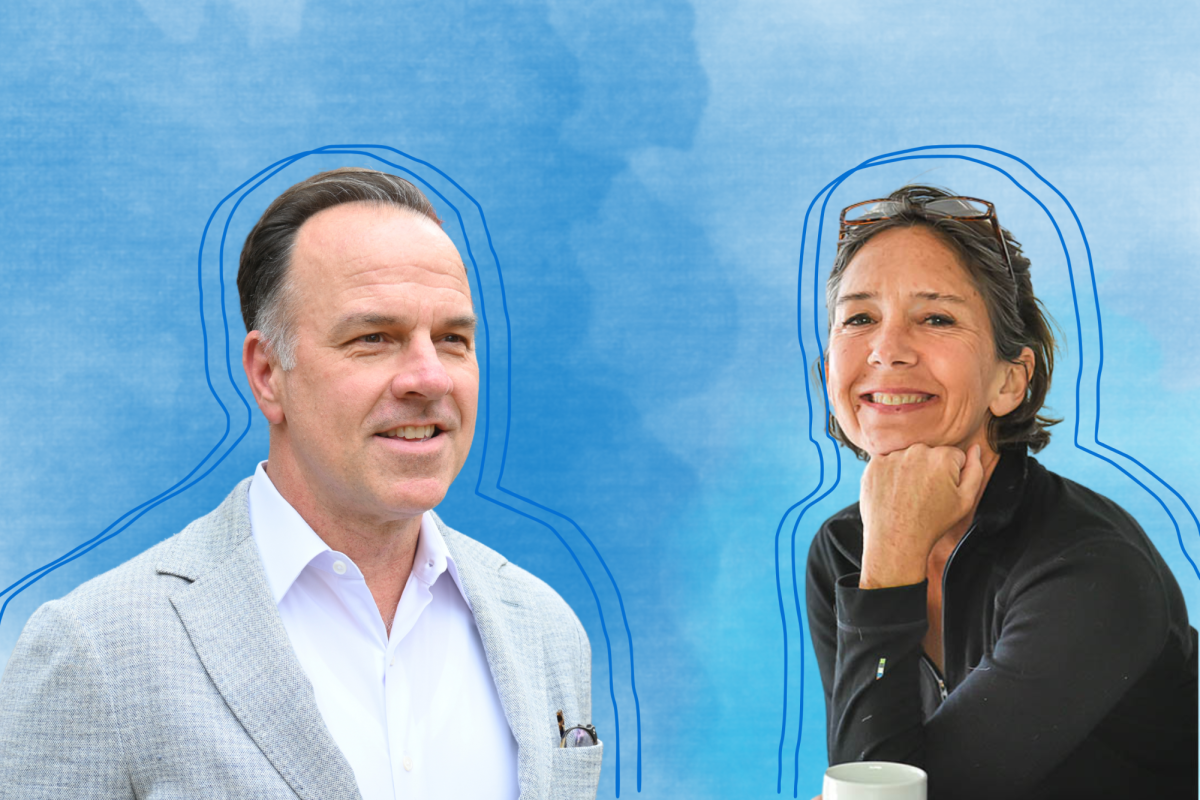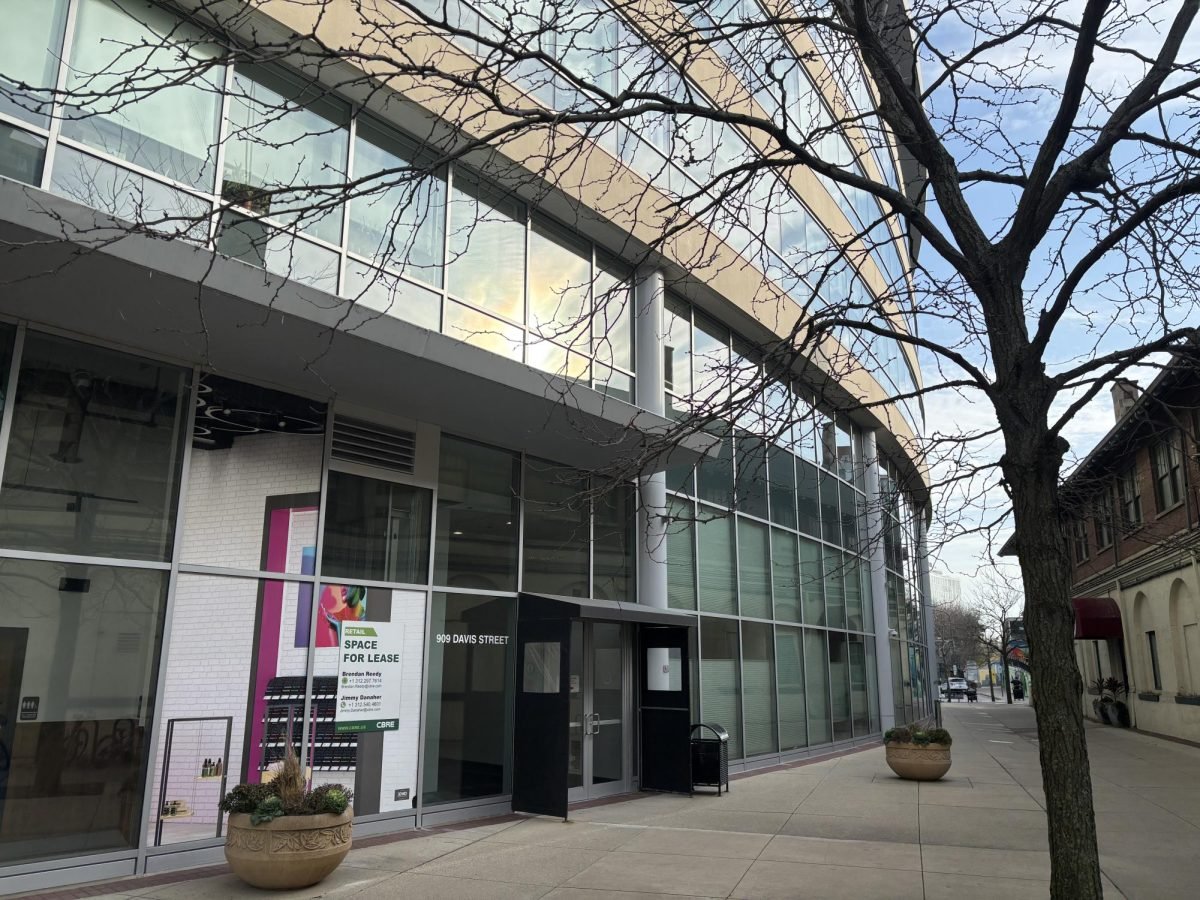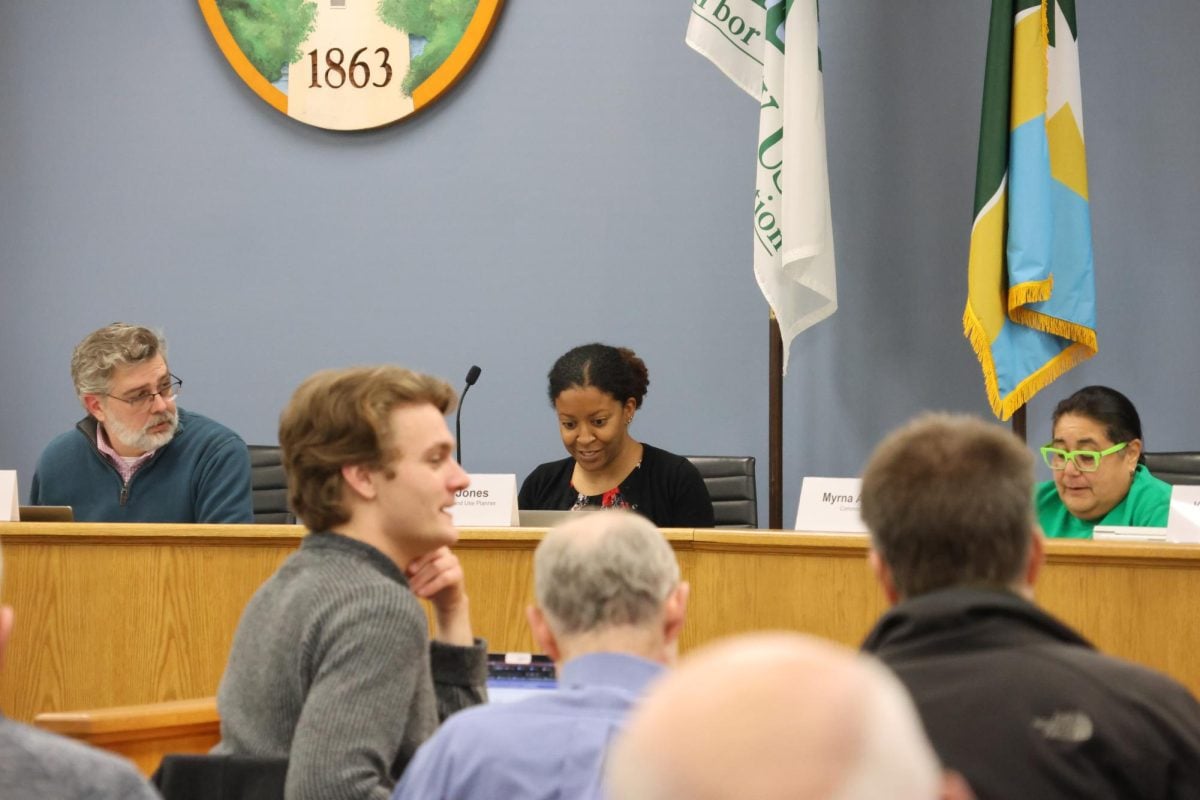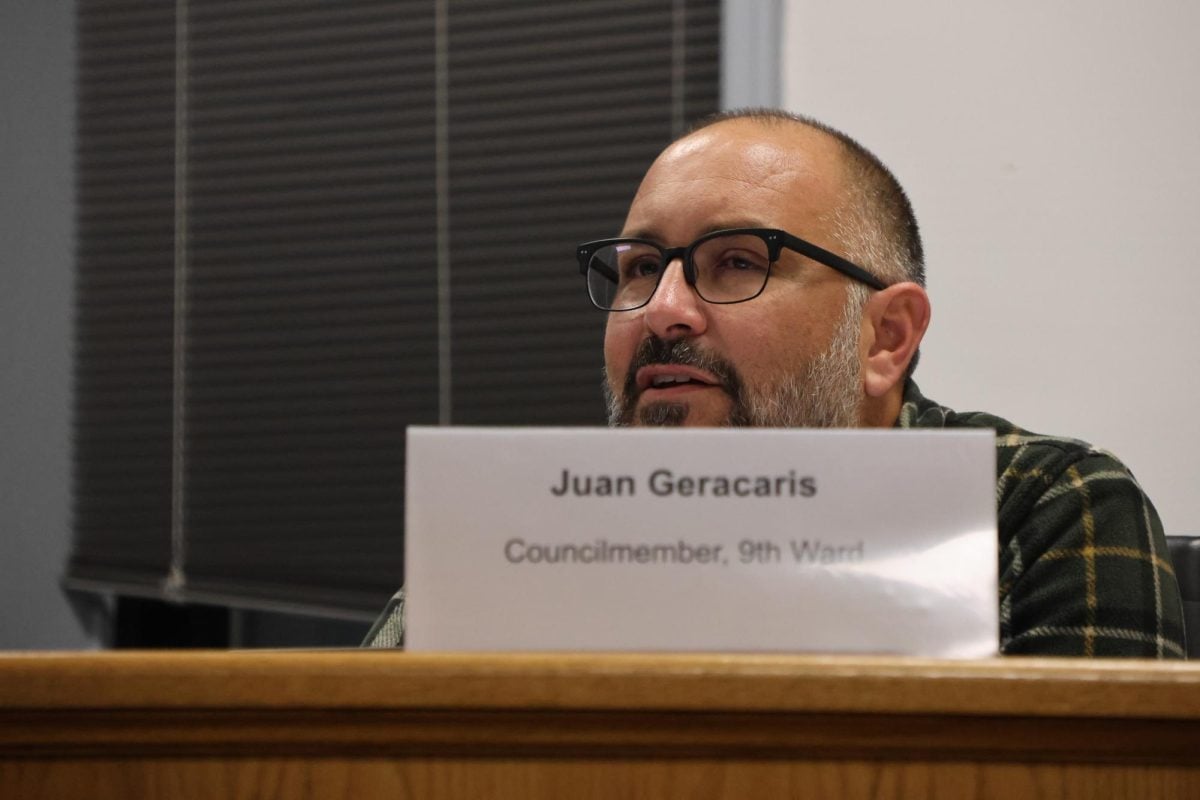Two weeks after being told he will not be allowed to teach his Investigative Journalism class in the spring, 29-year Medill Prof. David Protess announced Tuesday he will take a leave of absence from Northwestern for the quarter and said his long-term plans remain “indefinite.” The immediate future is more certain for the high-profile former director of the Medill Innocence Project who plans to use the time to establish a nonprofit reporting organization for investigating issues of criminal justice in Chicago.
Protess said the mission of the new initiative, to be called the Chicago Innocence Project, will closely resemble that of the Medill Innocence Project, which has used extensive research and investigative reporting to free 11 innocent men from prison, including five from death row, since Protess started it in 1999. Protess said his new project will be staffed by students from Chicago area schools, including Northwestern.
He plans for students to receive course credit for full-time and part-time internships with the project.
Beyond starting the program, however, Protess said he is uncertain how long he will stay on as its director.
“My goal is to launch a project that I think Chicago needs: an autonomous Innocence Project,” Protess said. “But that doesn’t mean I’ll stay to direct it. I’ll revisit my future at the end of the spring.”
As for the fate of the Medill Innocence Project, third-year Medill Prof. Alec Klein, a former investigative business journalist at The Washington Post and a best-selling author, will assume Protess’s responsibilities and teach the Investigative Class this quarter. A Medill source said the Medill Innocence Project will continue to work closely with the class. Despite reassurance that its mission will remain the same, two of the eight students originally registered for the class have decided to drop it since the professor swap.
The University has been conducting a “review” of the “actions and practices” of Protess and the Medill Innocence Project since last fall, amid allegations by Cook County prosecutors that Innocence Project students crossed ethical boundaries in investigating wrongful convictions.
University spokesman Al Cubbage responded to Protess’s decision Tuesday afternoon with a written statement, which Dean John Lavine forwarded to Medill students hours later. The statement enumerates the terms of Protess’s leave, specifying that he will no longer serve as head of the Medill Innocence Project nor have any faculty obligations to the University during Spring Quarter. Cubbage emphasized the class will continue its investigative focus in the spring under Klein.
“While on leave, Professor Protess will have no faculty responsibilities, including teaching or serving as Director of the Medill Innocence Project,” Cubbage wrote. “During the Spring Quarter, the important work of both the class on investigative journalism and of the Innocence Project will continue under the direction of Medill investigative journalist and tenured full professor Alec Klein.”
Medill senior Quinn Thacker was enrolled in the Protess-led class during Winter Quarter and signed up to continue taking it in the spring but decided not to return once Protess was removed from teaching the class. Thacker said the continued commitment of students to the project proves “the cause is bigger than the university,” she wrote in an email to The Daily.
“The Medill Innocence Project, or at least its mission, will exist as long as there are people willing to do the work,” Thacker wrote. “I don’t think anyone ever signs up for investigative journalism with David Protess because they need another credit.”
But fellow senior and classmate Jared Hoffman was less optimistic, calling Protess’s decision to leave for the quarter “an embarrassment” for the Medill community and accusing the University of forcing him out, Hoffman wrote in an email to The Daily. Hoffman led the seven other students initially enrolled in the class in submitting a petition asking the school to reconsider the decision to remove Protess from teaching the class, and threatening to drop the class if it did not, to Medill Senior Director of Undergraduate Education Michele Bitoun on March 17, the same day students were informed of the professor switch via email. Though the decision was not officially reviewed, Hoffman decided to remain in the class, which will officially meet for the first time this quarter Wednesday.
“This hurts for all of us - current Medill students, former Medill students and future Medill students,” Hoffman wrote. “I have trouble seeing how Medill improved its educational opportunities by forcing his departure. It’s truly puzzling.”
Tensions between Protess and the administration have run high since the fall, as the University decided to reverse course and comply with prosecutors’ subpoena of thousands of student documents related to the Innocence Project’s investigation of convicted murderer Anthony McKinney. Protess has refused to turn over any documents.
Last fall, Cook County prosecutors produced evidence that Medill Innocence Project students may have illegally recorded a witness without consent while investigating the case of McKinney, who was sentenced to life in prison for murder in 1981.
“The work of Professor Protess and the Medill Innocence Project has gained national recognition and brought credit to Northwestern and Medill. More importantly, that work has helped free wrongfully convicted individuals from prison. However, the laudable goal of the Innocence Project would not justify any improper actions that may have been taken by Professor Protess,” the statement concluded.
Protess said he would reevaluate his plans for teaching at NU once Spring Quarter is over and he can take measure of his new initiative. He noted that the Innocence Network, which connects organizations that provide pro bono legal and investigative work targeted at redressing wrongful convictions, took nearly two years to become fully established.
In his statement, Protess praised the “students, faculty and alumni” of NU.
“Of course, my heart will always be at Northwestern, a university whose students, faculty and alumni are among the finest in the country,” he wrote. “For now, the leave sure feels good.”






